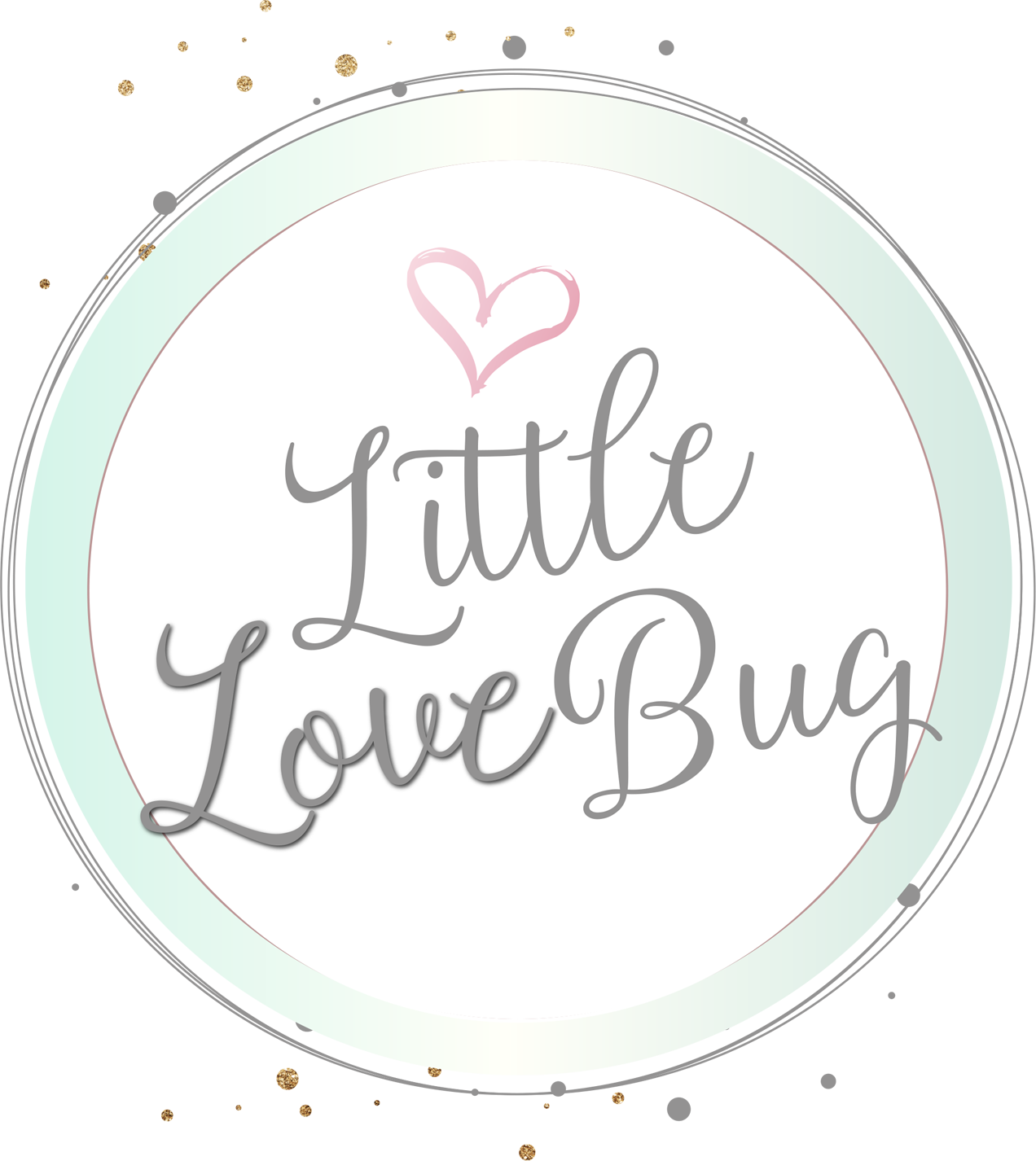The Truth About Baby Spitting Up: How Much is Too Much?
Babies are prone to spitting up, and it's completely normal. But how much is too much? If you've noticed your baby spitting up more than usual, you may be wondering if it's a sign of something more serious. In this blog post, we'll discuss the truth about baby spitting up and when you should start being concerned.
All babies spit up
It’s no secret that babies spit up. It’s a common occurrence for infants in their first year of life, and it can be quite alarming for new parents. But the truth is that spitting up is perfectly normal for babies. Spitting up is the process of partially digested milk coming back up through the esophagus and out of the mouth. Many parents have even come to expect it as part of their baby’s routine!
The scientific name for spitting up is regurgitation, and it’s not uncommon to see a little bit of milk come up with each burp your baby makes. This is because babies have an immature lower esophageal sphincter, or the valve that separates the stomach from the esophagus. When this valve is not fully developed, it’s easier for milk to pass back into the esophagus and then out of the mouth.
Spitting up is also more common if a baby is fed more than they can handle. Babies usually feed small amounts of milk at one time and cannot handle large amounts yet. That is why it’s important to feed them small meals every few hours to avoid overfeeding them.
Overall, spitting up is totally normal and nothing to worry about too much. As long as your baby is gaining weight and is otherwise healthy, there’s no need to be concerned.
How do you know if your baby is spitting up too much?
It’s normal for babies to spit up some milk after feeding, however if your baby is spitting up large volumes of milk or if it’s coming out forcefully, then it may be a sign that your baby is spitting up too much. If your baby is also experiencing discomfort or distress when spitting up, then it’s also a sign that they could be spitting up too much. Generally speaking, if the amount of spit-up increases significantly over time or if your baby’s pediatrician suggests that you should seek medical attention, then it’s likely that your baby is spitting up too much. In addition, you should contact your baby’s pediatrician if the spit-up contains blood or bile, if your baby seems to be in pain or discomfort when spitting up, or if your baby is losing weight due to excessive spit-up.
What causes too much spitting up?
There are a few possible causes of excessive spitting up in babies, including an immature digestive system, overfeeding, and acid reflux. In some cases, the cause can be harder to pinpoint, so it’s important to work with your baby’s healthcare provider to get to the root of the problem.
An immature digestive system can lead to too much spitting up because the muscles in the esophagus aren’t yet strong enough to keep the contents of the stomach from flowing back up. Additionally, if a baby is being overfed or has a food sensitivity, this can result in too much spitting up.
Acid reflux is another common cause of excessive spitting up. When stomach acid flows back into the esophagus, it can irritate the lining and cause discomfort, leading to more spitting up. This is particularly common when a baby is lying down after feeding.
In rare cases, too much spitting up can be caused by a medical condition called pyloric stenosis. This occurs when the muscle at the end of the stomach becomes blocked and prevents food from passing through. If you suspect that your baby is suffering from pyloric stenosis, it’s important to seek medical attention right away.
When should you be concerned about spitting up?
It is important to keep an eye on the amount of spitting up your baby is doing, as excessive spitting up can be a sign of an underlying issue that needs to be addressed. Generally, if your baby is spitting up more than a few tablespoons at a time, or if they are spitting up multiple times a day, it is a good idea to contact your pediatrician.
In addition, if your baby is visibly uncomfortable after spitting up, seems to be in pain or distress, or has other symptoms such as fever, refusal to eat, or vomiting in addition to spitting up, then you should seek medical advice from your pediatrician.
It is also important to note that while some babies do spit up more than others, if the spitting up is accompanied by any of the symptoms mentioned above, or if it increases in frequency or quantity, then it could be a sign of an underlying issue. If this is the case, your pediatrician will be able to recommend further testing and treatment if necessary.
How can you help your baby with spitting up?
If your baby is spitting up too much, there are a few things you can do to help them. The first is to hold them upright for 30 minutes after each feeding. This will allow gravity to help keep the milk down. You can also try burping them more often during feedings and at the end of feedings. Another tip is to avoid overfeeding, which can cause excess spitting up. Additionally, you should check with your doctor if your baby is having any difficulty breathing or if the spitting up is accompanied by coughing, wheezing, or fever.
Additionally, some parents choose to use medications or supplements such as thickening agents, probiotics, and antacids to help reduce the amount of spit up their baby has. However, it is important to speak with your doctor before trying any of these approaches, as they may not be appropriate for all babies.
Finally, always remember that it is normal for babies to spit up and it is usually nothing to worry about. However, if you feel concerned about the amount your baby is spitting up, or if it seems like they are in discomfort, you should always talk to your pediatrician.
Babies are prone to spitting up, and it's completely normal. But how much is too much? If you've noticed your baby spitting up more than usual, you may be wondering if it's a sign of something more serious. In this blog post, we'll discuss the truth about baby spitting up and when you should start being concerned.
All babies spit up
It’s no secret that babies spit up. It’s a common occurrence for infants in their first year of life, and it can be quite alarming for new parents. But the truth is that spitting up is perfectly normal for babies. Spitting up is the process of partially digested milk coming back up through the esophagus and out of the mouth. Many parents have even come to expect it as part of their baby’s routine!
The scientific name for spitting up is regurgitation, and it’s not uncommon to see a little bit of milk come up with each burp your baby makes. This is because babies have an immature lower esophageal sphincter, or the valve that separates the stomach from the esophagus. When this valve is not fully developed, it’s easier for milk to pass back into the esophagus and then out of the mouth.
Spitting up is also more common if a baby is fed more than they can handle. Babies usually feed small amounts of milk at one time and cannot handle large amounts yet. That is why it’s important to feed them small meals every few hours to avoid overfeeding them.
Overall, spitting up is totally normal and nothing to worry about too much. As long as your baby is gaining weight and is otherwise healthy, there’s no need to be concerned.
How do you know if your baby is spitting up too much?
It’s normal for babies to spit up some milk after feeding, however if your baby is spitting up large volumes of milk or if it’s coming out forcefully, then it may be a sign that your baby is spitting up too much. If your baby is also experiencing discomfort or distress when spitting up, then it’s also a sign that they could be spitting up too much. Generally speaking, if the amount of spit-up increases significantly over time or if your baby’s pediatrician suggests that you should seek medical attention, then it’s likely that your baby is spitting up too much. In addition, you should contact your baby’s pediatrician if the spit-up contains blood or bile, if your baby seems to be in pain or discomfort when spitting up, or if your baby is losing weight due to excessive spit-up.
What causes too much spitting up?
There are a few possible causes of excessive spitting up in babies, including an immature digestive system, overfeeding, and acid reflux. In some cases, the cause can be harder to pinpoint, so it’s important to work with your baby’s healthcare provider to get to the root of the problem.
An immature digestive system can lead to too much spitting up because the muscles in the esophagus aren’t yet strong enough to keep the contents of the stomach from flowing back up. Additionally, if a baby is being overfed or has a food sensitivity, this can result in too much spitting up.
Acid reflux is another common cause of excessive spitting up. When stomach acid flows back into the esophagus, it can irritate the lining and cause discomfort, leading to more spitting up. This is particularly common when a baby is lying down after feeding.
In rare cases, too much spitting up can be caused by a medical condition called pyloric stenosis. This occurs when the muscle at the end of the stomach becomes blocked and prevents food from passing through. If you suspect that your baby is suffering from pyloric stenosis, it’s important to seek medical attention right away.
When should you be concerned about spitting up?
It is important to keep an eye on the amount of spitting up your baby is doing, as excessive spitting up can be a sign of an underlying issue that needs to be addressed. Generally, if your baby is spitting up more than a few tablespoons at a time, or if they are spitting up multiple times a day, it is a good idea to contact your pediatrician.
In addition, if your baby is visibly uncomfortable after spitting up, seems to be in pain or distress, or has other symptoms such as fever, refusal to eat, or vomiting in addition to spitting up, then you should seek medical advice from your pediatrician.
It is also important to note that while some babies do spit up more than others, if the spitting up is accompanied by any of the symptoms mentioned above, or if it increases in frequency or quantity, then it could be a sign of an underlying issue. If this is the case, your pediatrician will be able to recommend further testing and treatment if necessary.
How can you help your baby with spitting up?
If your baby is spitting up too much, there are a few things you can do to help them. The first is to hold them upright for 30 minutes after each feeding. This will allow gravity to help keep the milk down. You can also try burping them more often during feedings and at the end of feedings. Another tip is to avoid overfeeding, which can cause excess spitting up. Additionally, you should check with your doctor if your baby is having any difficulty breathing or if the spitting up is accompanied by coughing, wheezing, or fever.
Additionally, some parents choose to use medications or supplements such as thickening agents, probiotics, and antacids to help reduce the amount of spit up their baby has. However, it is important to speak with your doctor before trying any of these approaches, as they may not be appropriate for all babies.
Finally, always remember that it is normal for babies to spit up and it is usually nothing to worry about. However, if you feel concerned about the amount your baby is spitting up, or if it seems like they are in discomfort, you should always talk to your pediatrician.


